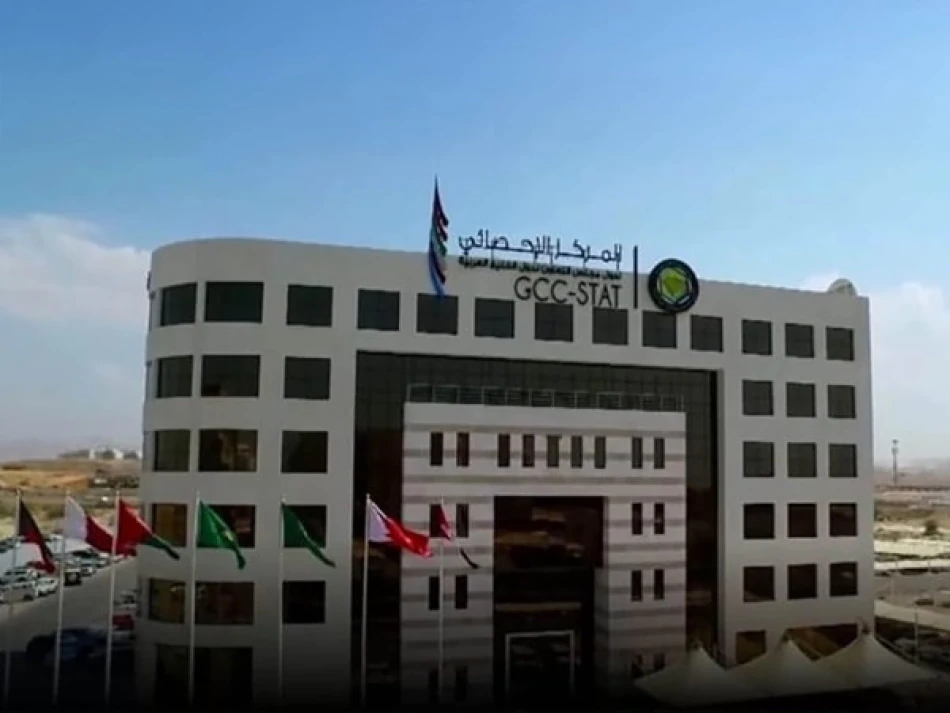
GCC Nations Outshine Global Averages in Essential Services, Education, and Healthcare
Gulf States Outpace Global Standards in Social Development, Setting New Benchmark for Family-Centered Growth
The Gulf Cooperation Council (GCC) has emerged as a global leader in social infrastructure development, with member states achieving 100% coverage in basic services like clean water and electricity—surpassing the 91% global average. This comprehensive approach to family welfare positions the region as a model for resource-rich nations seeking to translate oil wealth into sustainable human development outcomes.
Infrastructure Excellence Drives Quality of Life Metrics
New data from the GCC Statistical Center reveals remarkable achievements across multiple social indicators. All GCC households now have access to safe drinking water and electricity, while primary schools equipped for students with disabilities reach 100% coverage—double the global standard of 50%. Healthcare coverage stands at 72%, exceeding the worldwide average of 68%, though variations exist among member states.
These figures reflect decades of strategic investment in human capital, transforming oil revenues into tangible improvements in citizens' daily lives. The region's small population relative to its resource wealth has enabled governments to achieve near-universal coverage in areas where larger economies still struggle.
Strategic Family Focus Anchors Social Policy
The GCC's Population Strategy places family welfare as its eighth objective within the social development framework, recognizing the household unit as the cornerstone of societal stability. This approach differs markedly from Western social policies that often emphasize individual rights over collective family structures.
Comprehensive Support Mechanisms
The strategy encompasses expanding social safety nets to cover all vulnerable populations while ensuring adequate living standards. Key initiatives include periodic reviews of aid eligibility criteria, job creation programs for family members, and support for small and medium enterprises—particularly home-based businesses operated by women.
This model addresses cultural preferences for women's economic participation while respecting traditional family structures, offering a middle path between conservative social norms and economic modernization.
Regional Implications and Global Comparisons
The GCC's achievements stand in stark contrast to other resource-rich regions that have struggled with the "resource curse"—the tendency for natural wealth to correlate with poor governance and social outcomes. Unlike Venezuela or Nigeria, Gulf states have successfully channeled hydrocarbon revenues into sustainable social infrastructure.
The 100% coverage metrics place GCC countries ahead of developed economies like the United States, where rural areas still lack reliable electricity and clean water access. This positions the Gulf as an unexpected leader in achieving United Nations Sustainable Development Goals.
Economic Diversification Through Social Investment
These social achievements serve broader economic diversification goals central to Vision 2030 initiatives across the region. By ensuring universal access to education and healthcare, Gulf states are building the human capital foundation necessary for post-oil economies.
The emphasis on supporting women-led home businesses particularly aligns with efforts to increase female workforce participation while maintaining cultural sensitivity—a delicate balance that could influence social policy in other conservative societies globally.
The GCC's social development model demonstrates how resource wealth, when coupled with strategic long-term planning, can deliver measurable improvements in citizen welfare that exceed global benchmarks—offering lessons for both developing and developed nations grappling with inequality and infrastructure gaps.
Most Viewed News

 Layla Al Mansoori
Layla Al Mansoori






